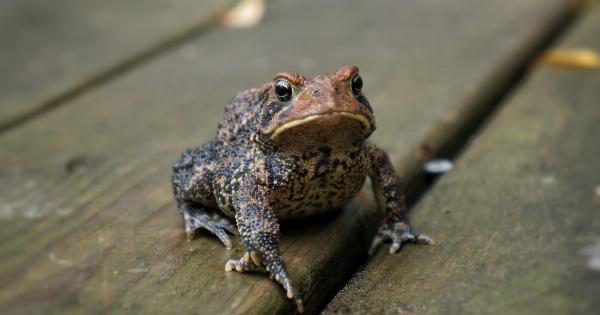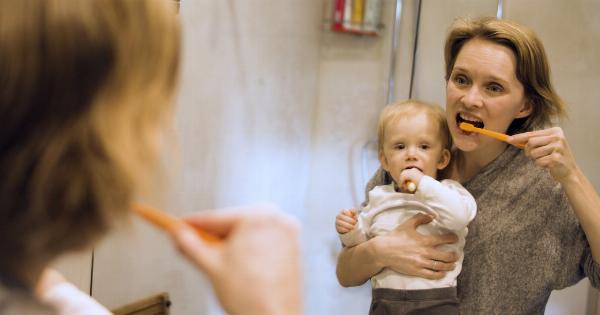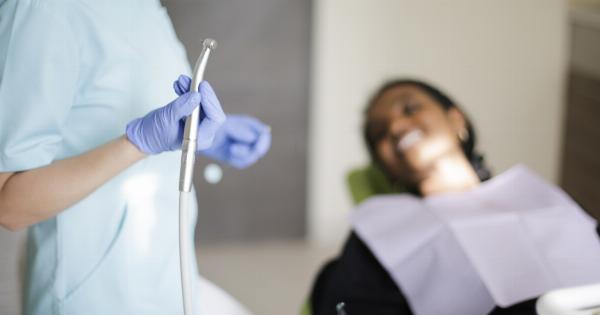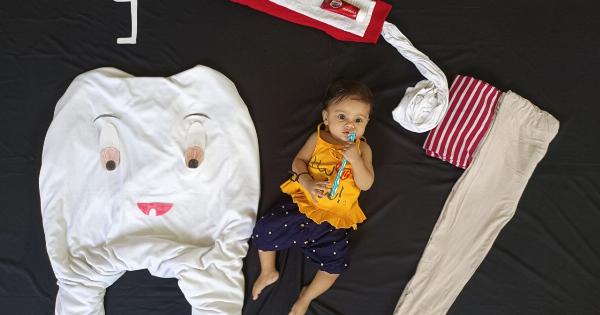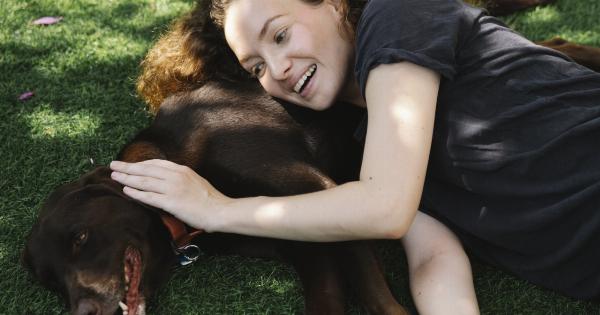As a new parent, you may have a lot of questions about your baby’s teeth. When will they start to come in? When should you start brushing them? How do you care for them? In this guide, we’ll provide answers to these questions and more.
When Do Infant Teeth Come In?
The average age for a baby’s first tooth is around 6 months, but it can vary widely. Some babies may have their first tooth as early as 3 months, while others don’t get their first tooth until after their first birthday.
Most babies will have all 20 of their primary teeth by the age of 3.
How Do I Know When My Baby is Teething?
Teething can be a difficult time for both babies and parents. Signs of teething can include:.
- Increased drooling
- Irritability
- Difficulty sleeping
- Chewing on objects
- Redness or swelling of the gums
You can provide your baby with relief by giving them something to chew on, such as a teething ring or a wet washcloth that has been placed in the freezer for a few minutes.
You may also want to talk to your pediatrician about using over-the-counter pain relievers or gels specifically designed for teething.
When Should I Start Brushing My Baby’s Teeth?
You should start brushing your baby’s teeth as soon as they come in. Use a small amount of fluoride toothpaste (about the size of a grain of rice) and a soft-bristled toothbrush.
Gently brush your baby’s teeth twice a day, making sure to clean all surfaces of each tooth.
Once your baby has teeth that are touching, you can start flossing between them. You may also want to consider using a fluoride rinse (once your child is old enough to spit it out) as an additional measure to help prevent cavities.
How Do I Care for My Baby’s Teeth?
In addition to brushing and flossing, there are other things you can do to care for your baby’s teeth:.
- Avoid giving your baby sugary drinks, such as juice or soda. Water or milk are the best choices.
- If your baby uses a pacifier, don’t dip it in anything sweet.
- Do not put your baby to bed with a bottle of milk or formula. The sugars in milk can lead to tooth decay.
- If your baby has a habit of sucking on their fingers or thumb, try to encourage them to stop by offering praise or rewards.
- Take your baby to the dentist for their first checkup by the age of 1, or shortly after their first tooth comes in.
What If My Baby Gets a Cavity?
If your baby gets a cavity, it’s important to have it treated as soon as possible. Untreated cavities can lead to pain, infection, and even the loss of teeth.
Your dentist may recommend filling the cavity or, in some cases, a root canal or extraction may be necessary.
Conclusion
Caring for your baby’s teeth is an important part of their overall health and development. By starting good oral hygiene habits early and taking steps to prevent cavities, you can help your child maintain a healthy smile for years to come.







